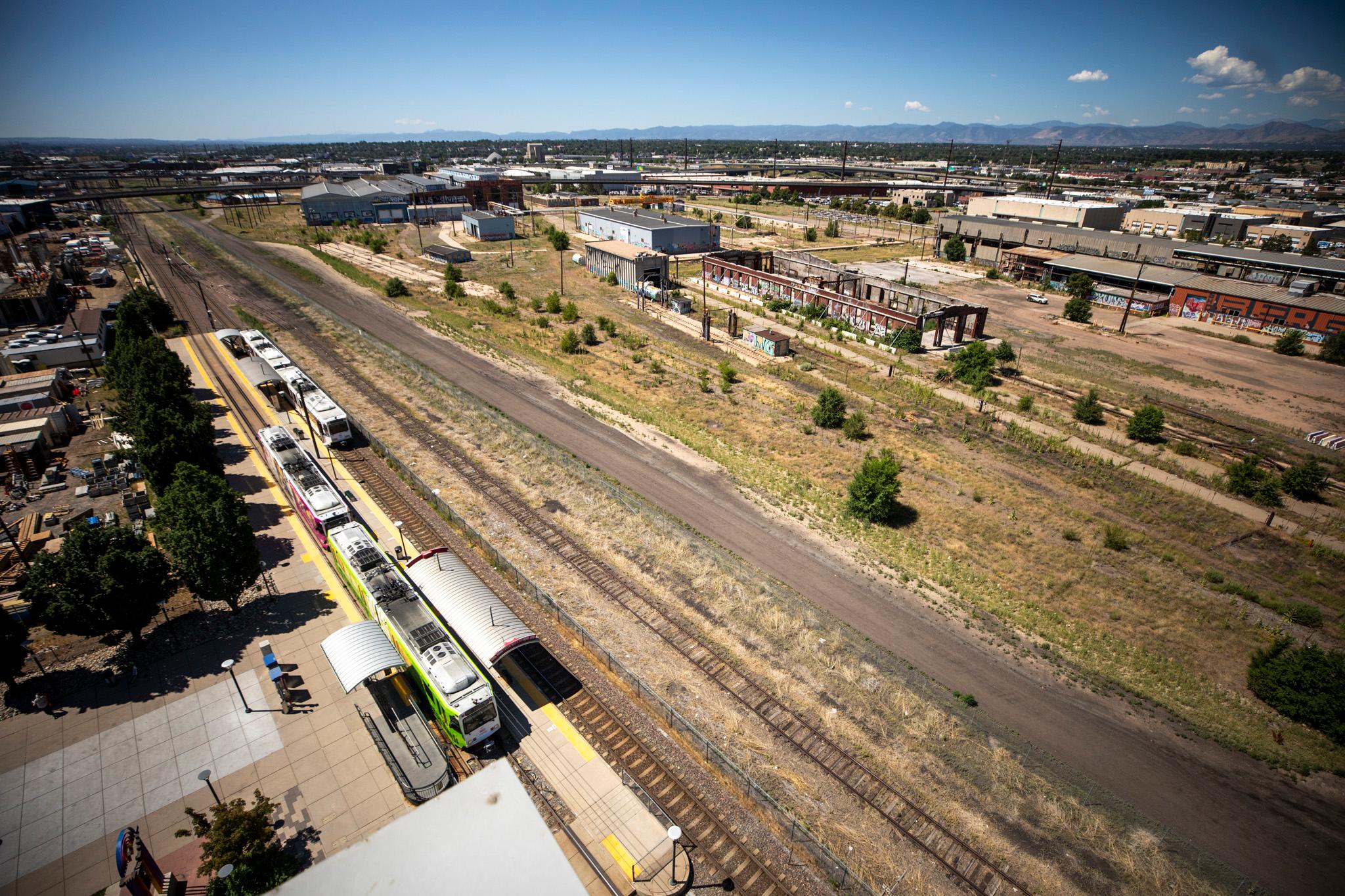Back in 2020, voters approved a .25% sales tax increase that would help fund programs and initiatives geared toward those experiencing homelessness. The increase equaled out to about 2.5 cents on every $10 spent and was expected to bring in $40 million in the first year.
The tax is called the Homelessness Resolution Sales Tax and so far, it's helped fund projects and initiatives created by the Homelessness Resolution team which is run by the Department of Housing and Stability. Those projects include shelter services, support services, case management, housing construction and pandemic responses.
Initially, the tax revenue was not expected to meet its goal of $40 million due to the pandemic's economic impact but it exceeded expectations, raising $41.3 million, an excess of $1.3 million.
Because of the TABOR amendment, the city is required to refund that additional $1.3 million. But voters have the final say on whether the city refunds the money or continues using it toward homelessness resolutions.
Here's the language you'll see on the ballot:
May the City and County of Denver Retain and Spend all 2021 Revenues derived from the 0.25% Homelessness resolution sales and use tax originally approved by the voters on November 3, 2020, and continue to impose and collect the tax to the full extent of the 0.25% permitted by the original voter approval?
How would it work?
To start, this isn't an additional tax increase. Voters already approved that increase in 2020.
If passed, the city would keep the $1.3 million in excess revenue and continue funding homelessness resolutions. The city would also continue to impose and collect on the .25% sales tax increase.
Who's for it and who's against it?
There's no organized groups advocating on either side.
But groups such as the Colorado Coalition for the Homeless are for the measure. According to their Ballot Guide, the funds have helped HOST "continue their work to resolve homelessness." Other proponents are in agreement. Proponents say if the measure does not pass, "dedicated funding to resolve homelessness will be permanently reduced.
Groups against the measure include the Denver Gazette Editorial Board. The paper says the city has not proved that the funding it has received has alleviated the homelessness issue.












